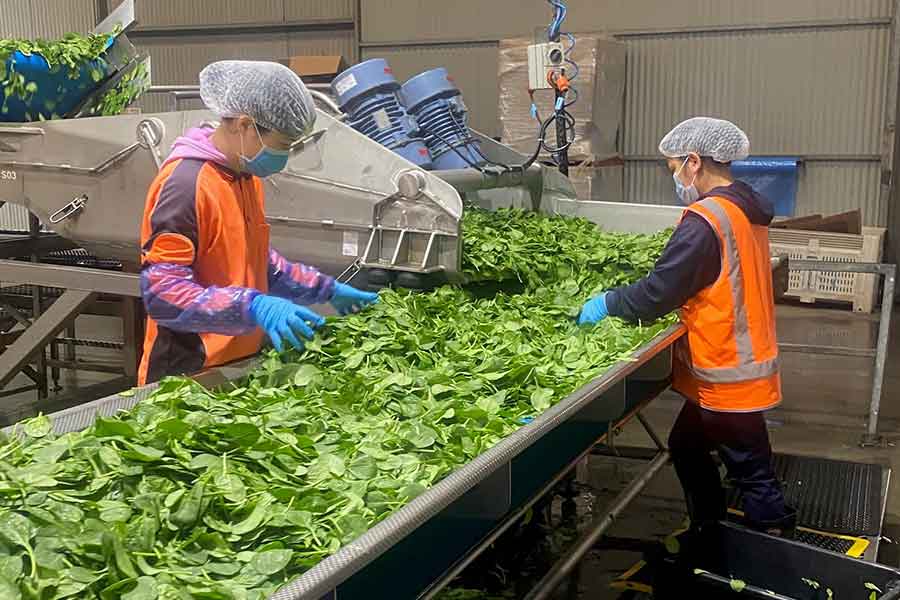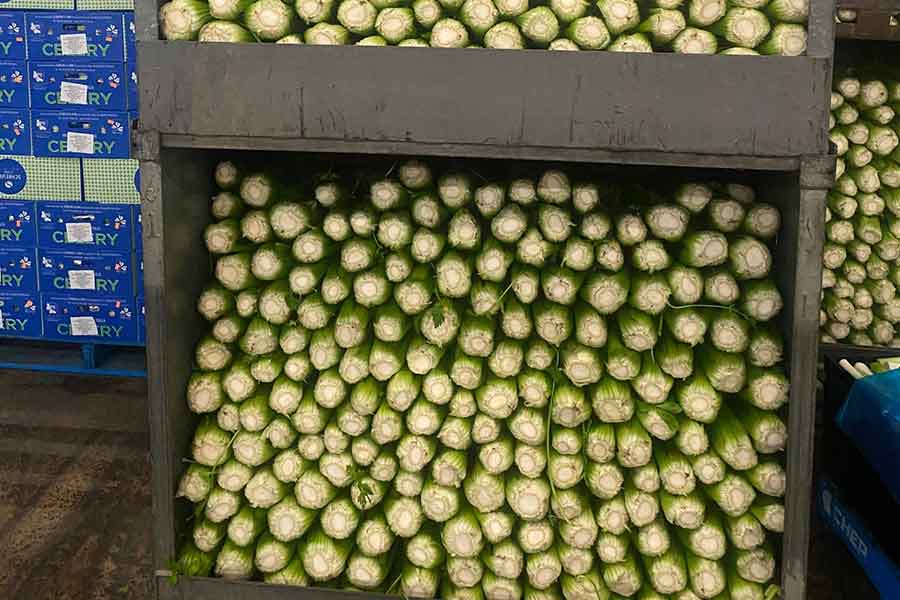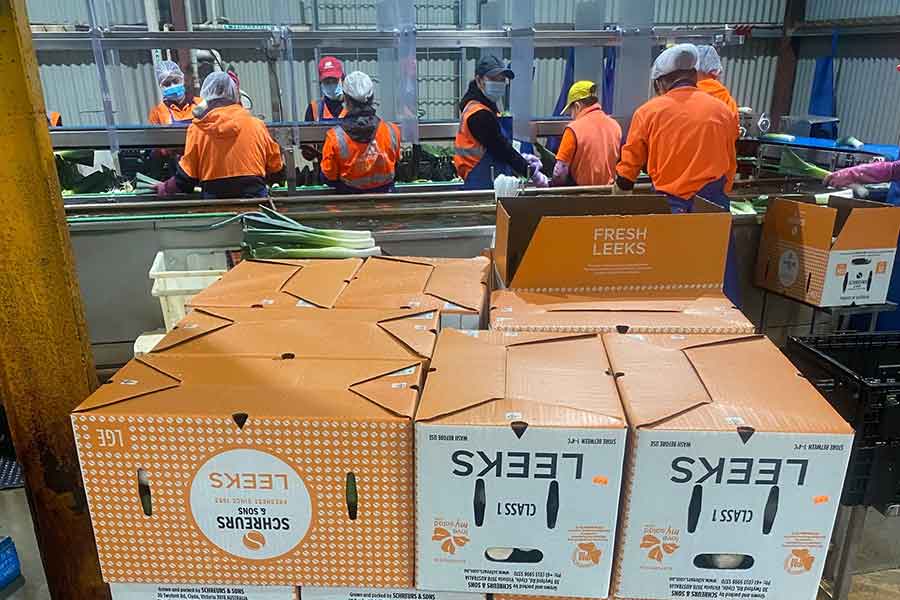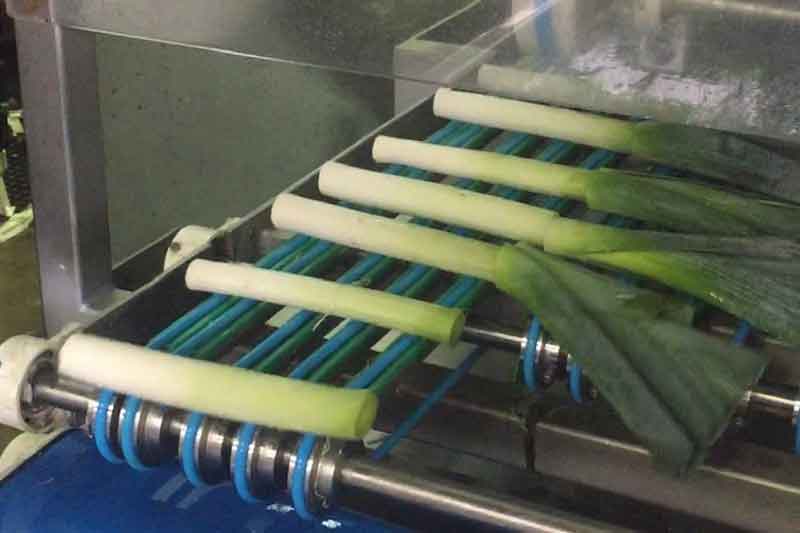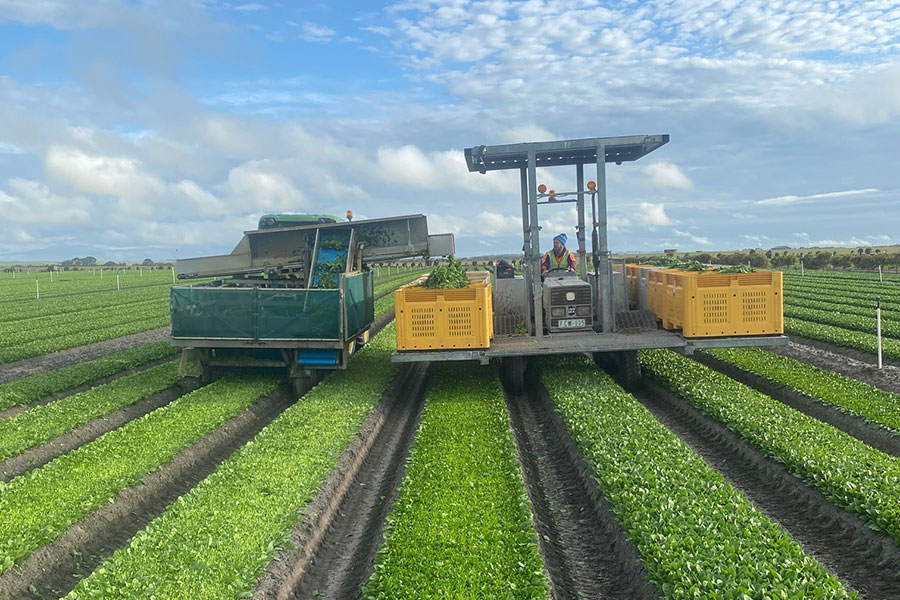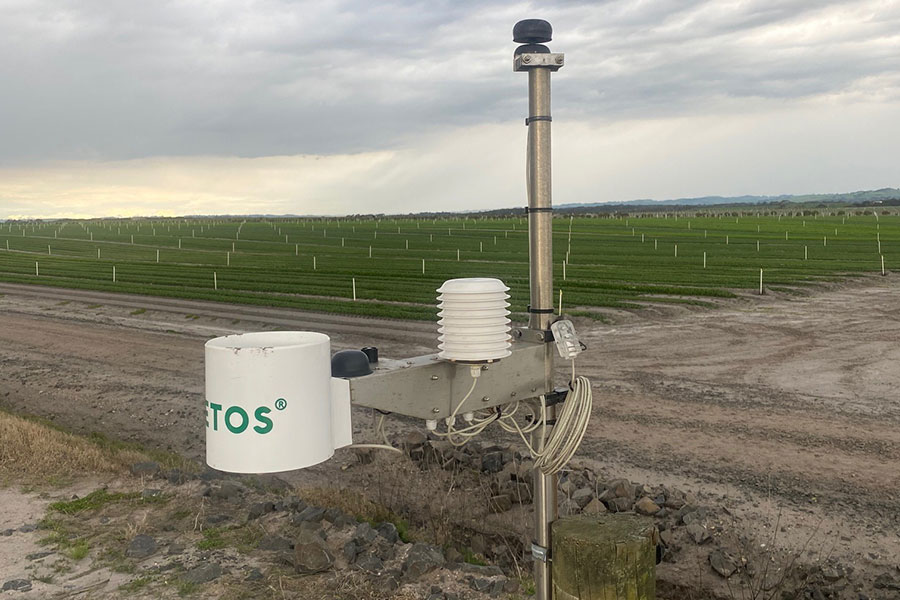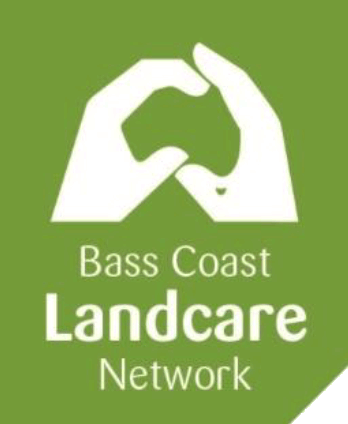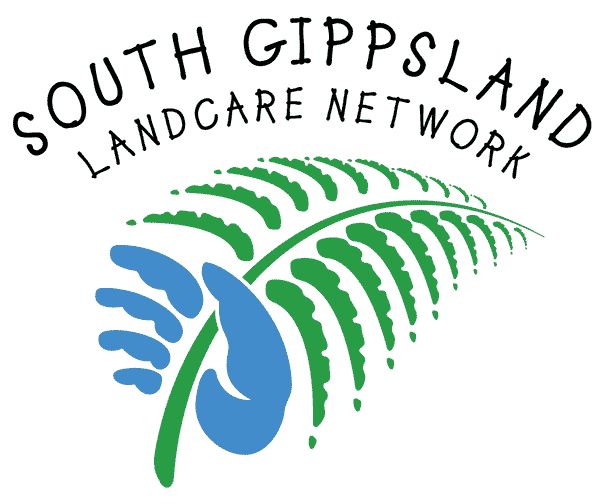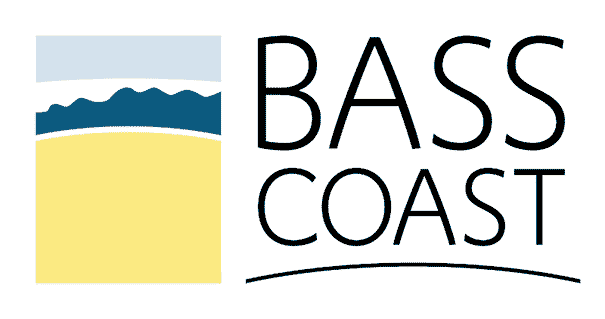Adam Schreurs: Our Story
Adam Schreur and his cousin purchased the Southern Gippsland property in 2016. Adam is responsible for field operations. They are part of Schreurs and Sons, a third-generation horticulture business, the largest supplier of celery in Australia.
Our Vision
“To be able to work in an environment that animals can still thrive around it and we can still do what we're doing. I think there's a lot of merit in being able to achieve that and do it on a scale that we're doing it and still have all of these things going on around it. I think we're in the right environment to tackle that.
I think the vision is paddocks, surrounded with big, wide belts of trees everywhere as well as corridors for animals so they don't have to run across my crop. They can stay in the trees and I think that's just about balance. The same thing, it gets back to the insects and making everything happy.”
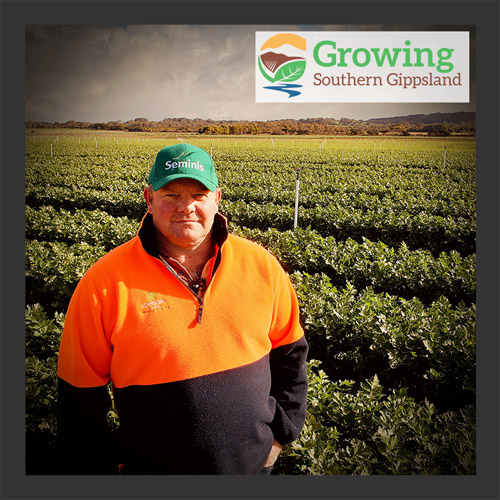
Enterprise: Horticulture - Vegetable production (celery, leeks, rocket and spinach)
Business Name: Schreurs and Sons
Locality: Middle Tarwin
Catchment Management Region: West Gippsland
LGA: South Gippsland Shire Council
Landform: Gippsland Plains
Soil Type: Grey sandy clay-loam podosols
Annual Rainfall Average: 848.5 mm or 33.4 inches (Source- Bureau of Meteorology)
Our Enterprise
The Southern Gippsland property comprises 980 acres.
“So we're a third-generation family business. We grow celery, leeks, baby spinach and rocket.”
The move to Southern Gippsland was planned in 2015.
“We first looked at water availability on the river here - our property - and climate, which is relatively frost-free being near the ocean. Then soil types. So, this place basically hit all three and that's what got us out here.”
Food security is a concern and the location has benefits.
“I suppose we're fairly unique being just out here on our own. We have no other growers around us to spread disease, viruses or anything like that. But the rotation of crops we have and the way we look after the soils and - insects and environment - what we're growing - is something that we've always strived to do and being out here is a nice environment.”
Our Challenges
The climate is a challenge, especially in relation to water.
“You could pretty well guarantee June, July was a few wet months and then you'd come into Spring, early September you'd get a real lot of rain and that would fill up the storages, wet the soil profile right through and then, through summer…But now it seems like we get a whole, big whack, it runs off, it's gone and then we get six to eight weeks of prolonged dry without any rain at all, which we just went through here.”
They test the soils, review the insects, and improve as they go along.
“It took us quite a few years to learn what insects were actually doing the damage and what we had to target and what beneficials we needed. Yeah, the initial driver was that resistance and to try and make the crops better.”
Because of the relatively short financial horizons for the produce, long term planning is difficult.
“Everything is based on supply and demand and whether we make money or don't. We're having a very good four months at the moment, so now it's full steam ahead. But we just simply can't project that far forward.”
Shifting produce from Middle Tarwin is a cost, although off-set by other savings.
“The furthest [distance] was 35 kilometres before. Now this is 100 kilometres. So we've had to put on more truck drivers and buy another truck. So it is further but it's worth it for the other efficiencies that we're gaining out here.”
Our Landscape Activities
Water is the reason for the business move from Cranbourne to Southern Gippsland
“We have a 355 megalitre licence to pump from the river, all year round. It's an all year round licence and we have a dam here that can hold 170 megalitres [and a new dam] will hold 350 megalitres.”
A recently completed dam will hold a further 350 megalitres and the Schreurs have purchased, at auction, an additional 1200 megalitres of winter fill water from the Tarwin river.
Another reason was increased urbanisation in the Cranbourne area.
The property is sectioned, part of a long-term plan for the property.
“[The aim is to] put it into squares, 20 acre squares and trees around all of the squares. To be able to shelter them, grow in them and section it off that way. But at the moment … the dam has sectioned it, we've got a driveway sectioning another area, the shed is here. I have another tree line that runs through the middle of the block as well, basically along a drain that sections it. But other than that it's still one block but with different tree areas through it.”
“I've won awards for IPM in vegetables - integrated pest management - which was something that has never - was never done in vegetables before I did it [nearly 30 years ago] … we use Bacillus. So they're viruses for the caterpillars that we put out. They're quite expensive and the chemistry that doesn't hurt the beneficials is all super expensive - not that we use a lot of them. Like this celery crop has had no insecticides at all here. Aphids we probably never, ever spray for. It's very rare that we do.”
Our Practices and Successes
The business measures its success by its crop quality.
“Quality crops is our measure of success. If we can grow quality crops that's what we're here for.”
The family business has been successful in using science and technology to improve soil quality and achieve efficient fertiliser application.
“I'm doing a lot of technology in the field, whether it be - doing a fair bit of precision, GPS guided soil testing. Rather than - once upon a time we'd walk across the paddock, take a dozen core samples, mix them all together and go, ta-da, this is representative of that paddock. Now they're basically done in a grid pattern, a 50 square metre grid pattern and there's cores taken right through the whole paddock, GPS pinpointed. Then, basically, a fertiliser application map is generated using the GPS and the soil tests. One corner of the field might have a ton of lime to the acre, the other corner of the field might have 15 ton to the acre instead of, before, it was all mixed together.”
Sharing
As a large three generation business, there is a lot of discussion and reflection on the enterprise.
“Initially we wanted an area where we could also expand - we wouldn't be locked in like we have been now - you know, should our / my children want to continue on with the business or whatever. We wanted somewhere where we could look to expand the business and buy more land if … that was something my family or children wanted to do.”
Adam is committed to sharing his insights.
“I have industry demonstration sites on one of my properties at [Cora Lynn] and I'm part of a project reference group for soil health, a group which is industry funded through HIA - Horticulture Innovation Australia. It's just the science behind what green manure crops do, cover cropping, crop rotations. Just basically everything we do in soil health using new technologies. I'm constantly attending seminars and conferences about new techniques of doing things or travelling overseas to find out from other people.”
“I retweet a lot of things that other people are doing. I'm not so out there myself, but I don't mind passing on other things that I find interesting and come by me.”
Websites
www.schreurs.com.au
ausveg.com.au/enviroveg
Images

